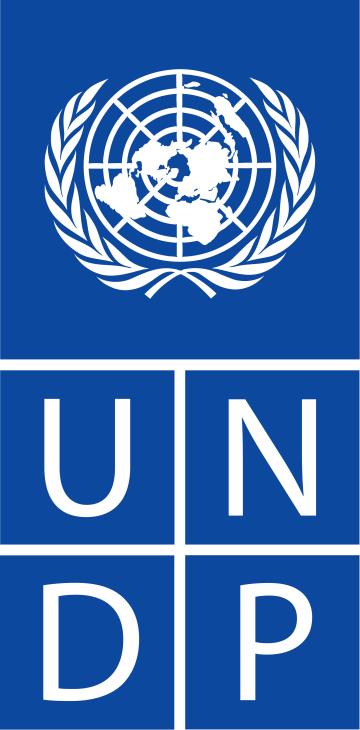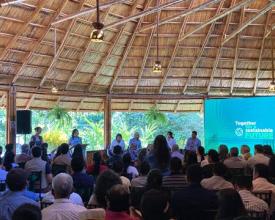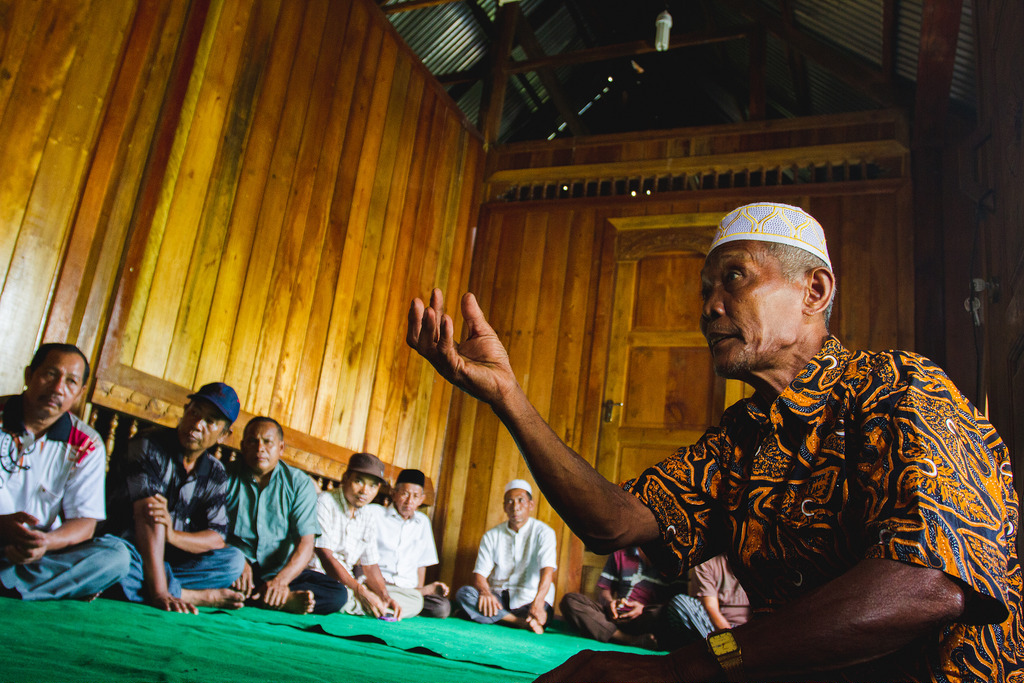
Ecuador, an Exemplary Model of Success in REDD+
PROAMAZONÍA, an ambitious program implemented in Ecuador from 2017 to2023, reduced deforestation and CO2 emissions. The program linked national emission reduction efforts, priority agendas, and productive policies within the REDD+ "Forests for Good Living" 2016-2025 framework. PROAmazonía achieved 7 million tons of CO2 equivalent emission reductions from deforestation, contributing to Ecuador's NDC. The program was composed of GCF and GEF-funded projects, executed by Ministries of the Environment, Water and Agriculture and Livestock and UNDP.
It laid solid foundations for REDD+ financing and governance in Ecuador, leaving an invaluable legacy.
Context
Challenges addressed
Location
Impacts
PROAmazonía generated transformative impacts and results in forest and biodiversity conservation as well a sustainable production in the Ecuadorian Amazon. As a pioneering program, it achieved a reduction of 7 million tons of CO2 emissions from deforestation, significantly contributing to Ecuador's compliance with its Nationally Determined Contribution (NDC) on climate change.
In the realm of policies and institutions, the program updated 51 territorial planning instruments incorporating climate change and sustainable production criteria. Additionally, it influenced the issuance of indigenous life plans and the Amazon Integral Plan, strengthening the regulatory framework and REDD+ governance in the country.
Regarding sustainable production, PROAmazonía promoted the transition to deforestation-free systems on 93,105 hectares of crops such as coffee, cocoa, palm, and livestock. It established national and international commercial links, revamping collection centers and benefiting over 70,000 people.
In the forestry component, decisive actions were achieved: the conservation and sustainable management of 789,092 hectares of Amazon forests, and the restoration of an additional 15,023 hectares. Forest control posts were strengthened, and community bio-enterprises were promoted with the BioEcuador country Brand.
PROAmazonía directly and indirectly benefited 83,536 people, with a focus on gender and indigenous peoples





